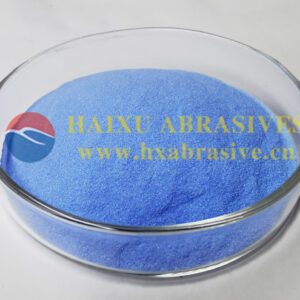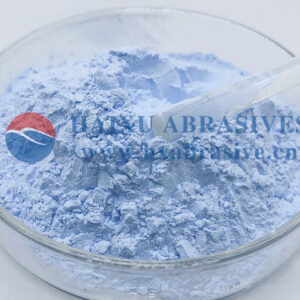What is the self-sharpening of abrasive
Artificial abrasive grains are wear-resistant materials synthesized artificially by smelting. Commonly used artificial abrasives include white aluminum oxide, brown aluminum oxide, silicon carbide, pink fused alumina, fused zirconia alumina, and other materials. The toughness, hardness and wear resistance of abrasives directly affect the product performance of abrasive tools and the effect of direct grinding. The self-sharpening of abrasives is also an important factor affecting abrasives.
In the process of smelting and crystallization of artificial abrasive grains, crystalline materials of different structures will be obtained, and these microcrystalline structures constitute abrasive particles. During the grinding process, the abrasive particles will collide with the material being ground to cause wear. Abrasives with higher self-sharpening properties will continue to produce new grinding edges, re-exposing sharp edges. Therefore, the grinding work is continuous. In recent years, materials with good self-sharpening properties such as zirconium oxide and sol-gel ceramic grain have developed rapidly and have become mainstream products for the manufacture and grinding of high-end abrasives. Abrasives with good self-sharpness have strong grinding ability and sharpness, avoid grinding chatter, have a good hand feel, prevent grinding blockage, noise and other undesirable phenomena, and ensure the grinding quality of the surface of the processed workpiece.




